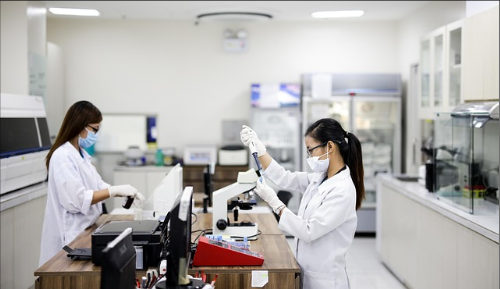Proper handling of clinical waste is a cornerstone of healthcare facility safety, environmental responsibility, and regulatory compliance. Hospitals, clinics, dental practices, and laboratories all generate a variety of waste that, if not disposed of properly, can pose a risk to public health and lead to significant legal penalties. Healthcare administrators must implement effective and legally compliant strategies for managing medical waste disposal to ensure safety and maintain operational integrity.
Contents
Categories of Medical Waste in Healthcare Facilities
Medical waste is broadly categorized based on its risk and composition. These include infectious waste (e.g., sharps, used bandages), pathological waste (human tissues), pharmaceutical waste (expired medications), chemical waste (disinfectants), and radioactive materials. Each category has specific handling and disposal protocols governed by local and federal regulations. Healthcare professionals must distinguish between these categories to select the proper medical waste disposal methods and avoid contamination or regulatory violations.
Common Disposal Methods and When They’re Used
Incineration
Incineration is widely used for pathological and pharmaceutical waste. It involves burning waste at high temperatures to destroy hazardous components. While effective, it requires strict air quality control measures to limit toxic emissions. Incinerators must meet Environmental Protection Agency (EPA) guidelines and may not be suitable for all waste types due to environmental concerns.
Autoclaving
Autoclaving uses steam and pressure to sterilize infectious waste. It is commonly employed in hospitals and laboratories and is more environmentally friendly than incineration. Autoclaved waste can often be safely disposed of in a landfill, provided it is properly documented and labeled.
Chemical Treatment
Chemical disinfection involves the application of strong disinfectants to neutralise harmful pathogens in waste. This method is appropriate for liquid waste or small quantities of sharps. The chemicals used must be compatible with the waste type and be disposed of safely afterwards.
Microwave Treatment
Microwave disinfection is a newer method in which waste is shredded and then heated with microwaves to eliminate pathogens. It is energy-efficient and produces minimal emissions, making it a promising option for facilities seeking sustainable medical waste disposal Maryland.
Compliance Requirements and Legal Considerations
Healthcare facilities must comply with multiple levels of regulation for waste disposal. Federal guidelines originate from agencies such as the EPA and OSHA, while individual states often impose additional restrictions. For example, medical waste disposal Maryland operations must adhere to state Department of the Environment (MDE) rules, which mandate registration, labeling, storage conditions, and tracking procedures for regulated medical waste.
Facilities are also required to maintain detailed logs of waste collection, transport, and treatment, often using manifests and barcoding systems. Failure to comply with recordkeeping or handling protocols can result in fines or loss of operating licenses. Staff must receive ongoing instruction in safe waste handling procedures, even though training references are not part of promotional service messaging.
Selecting a Licensed Waste Disposal Partner
Working with a licensed disposal company ensures that all medical waste is properly managed in accordance with current laws and industry best practices. These companies typically offer pickup services, provide compliant containers, and issue proof of destruction. When selecting a disposal partner, healthcare facilities should verify their licensing status and request documentation on their compliance history.
Conclusion
Medical waste management is a critical aspect of healthcare operations that demands a combination of effective disposal techniques and rigorous regulatory adherence. From incineration and autoclaving to chemical and microwave treatment, each method has its place depending on the type of waste generated. For providers managing cross-border operations or regional facilities, understanding unique requirements such as those for medical waste disposal Virginia is equally important. Facilities must follow local environmental regulations to ensure legal compliance and minimise public health risks.

